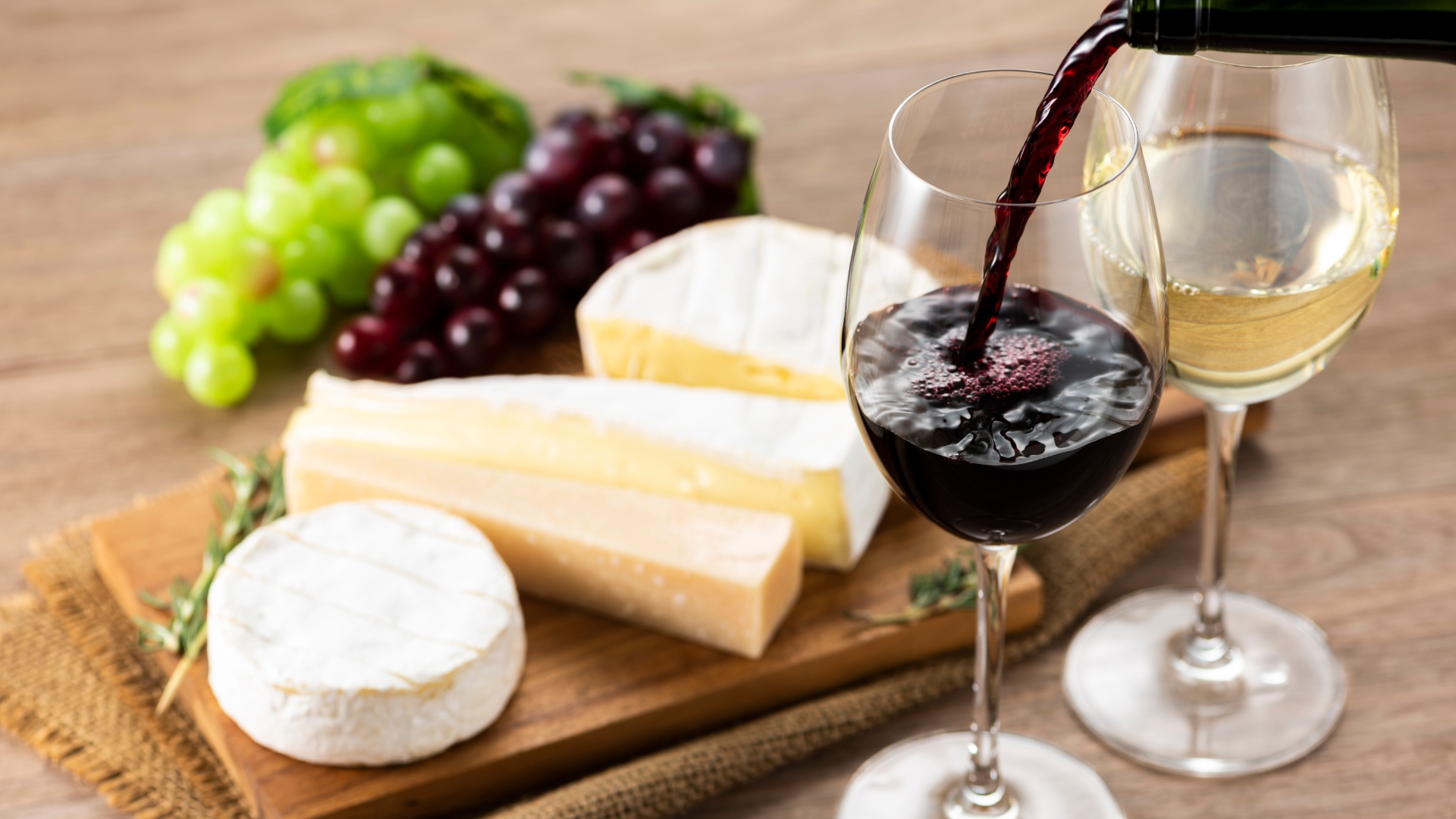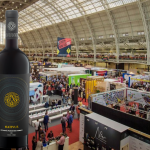For several decades, interest in health, sustainability, sustainable development, recycling, and other ecological aspects has grown exponentially, and wine production could not avoid these trends. The first initiatives came from producers, but the path from bottle to law is long and complicated, and labeling wines as "healthy" remains a quite serious issue despite the ongoing updates to legislation. Today, we’re discussing organic, eco, biodynamic, organic, natural, or vegan wines, as for the average consumer, all these terms seem to sound like a good choice. How much is marketing, and how much is reality in the world of "healthy" wines?
Organic Wine and Biodynamic Wine:
To start deciphering the terms, we need to begin with wines for which there is a definition and a set of regulations. Wine can be called organic when two conditions are simultaneously met:
- The grapes are organic, meaning no pesticides, insecticides, herbicides, fertilizers, fungicides, or genetically modified organisms are used in the vineyard.
- In the cellar, the winemaking process is carried out without using other products and processes than those legally established.
While the first condition is quite clear, for the second one, there is already a division between "radical" producers, who lean towards minimal intervention, and those who want to approach the commercial standard of wines more closely. The former may choose not to filter the wine at all, while the latter may filter it up to the legal limit of 0.2 microns. Some may add sulfites up to the legal limit (100 mg/l for dry red wines with residual sugars under 2g/l, 150 mg for white and rosé wines), while others may opt for wines without added sulfites.
Beyond the restrictions applied to produce organic wines, biodynamic agriculture comes with its set of practices inspired by ancestral agricultural traditions and observations of the lunar calendar. Biodynamic calendar days are organized according to fruit days, root days, leaves days, and flowers days. Lunar phases are considered to influence the sap movement in the vine, and consequently, the work that can be done to maintain plant balance. For biodynamic wines, there are also recipes for fertilizers, usually compost, buried in the vineyard in animal horns.
What the Law Says About Organic Wine
Organic wine has been legislated in the European Union since 2012, and unlike the definition in the United States (regulated by the USDA), it allows the addition of sulfites. For wines with over 2 grams of residual sugars per liter, the limit is 30 milligrams less than regular wine. Other approved processes and substances can also be used, especially in the processes of clarification, filtration, and stabilization of the wine.
For wineries in the process of transitioning to organic farming, the mention "In conversion to organic farming" can be used.
Though it may seem complicated so far, things are about to get even more complex. European legislation serves as the main legal reference for a wine to display the term "organic" on the label. However, many producers believe that the legislation is a compromise, and organic practices in the vineyard and winemaking need to be much more drastic. Therefore, a series of national and international associations and institutions operate in parallel, offering additional certifications, such as Demeter, Biodyvin, Austria Bio Garantie, Naturland, or AIAB Italia. The emblems of these associations often mean that a more restrictive set of practices than the law itself was used in obtaining the wine.
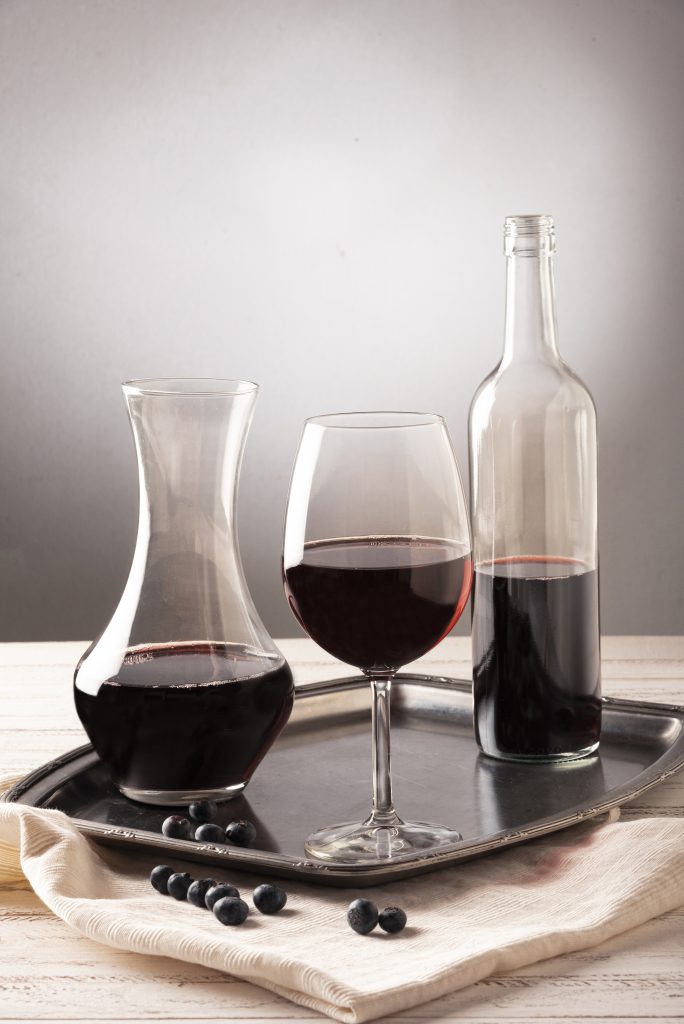
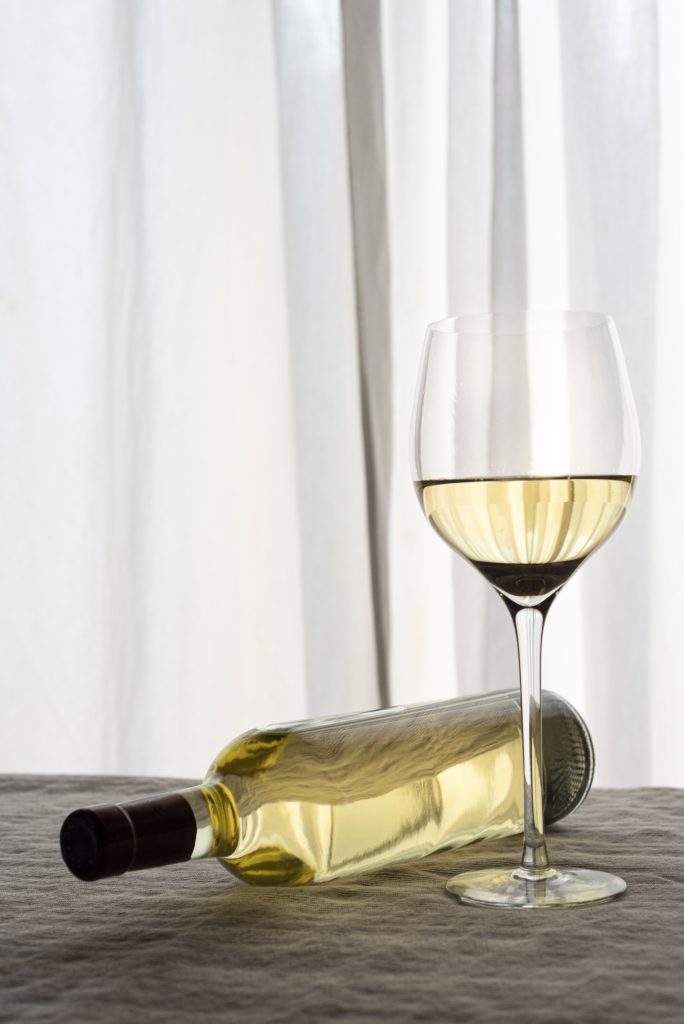
Organic Wine, Eco Wine, and Biodynamic Wine:
Firstly, at the legislative level, there are no definitions for eco or ecological wine, only for organic wine, wine made from organic grapes. Practically, wines discussed as eco or bio should fall into the category of organic wines. However, beware: what is not officially prohibited may be allowed. Some wines labeled as ecological may have no connection to the world of organic wines. On the other hand, biodynamic wine can be considered as organic or even super-organic, given that its rules are even more restrictive, and the mention of biodynamic can only be made based on certification from a private association, which, to be fair, closely monitors all practices in the vineyard and cellar.
Vegan Wine vs. Organic Wine:
Vegan wine is produced without contact with animal products, especially derivatives from egg white, egg white and casein – a protein obtained from fish bladders. Unfortunately, classifying a wine as vegan depends solely on the producer, as there are currently no legal regulations that allow the verification of wines declaring themselves to be vegan.
While egg white itself and even bull’s blood (which gave its name to Sangre de Toro and Egri Bikaver) have not been used for a long time in wine clarification, with a few exceptions, albumin (derived from egg whites) and casein, found in milk, are still often used. Both are totally or almost totally removed after the fining process, but their mere use means that, for purists, the wine cannot be considered vegan.
Although labeling a wine as vegan is rare, the mentioned products only appear in the fining / filtration process. Therefore, choosing an unfiltered wine will give you a high probability that it complies with vegan standards. Furthermore, a recent study on the UK market, where the offer covers all producing countries, showed that only 39% of wines cannot be classified as vegan, especially as bentonite, kaolin, and other products (including plant-based casein) are often used for clarification.
On the other hand, for those more concerned with sustainability, vegan wine offers no guarantee of how the vineyard has been worked, from excess water to the use of insecticides and pesticides, mechanized harvesting, excessive production, and many other aspects considered by organic wines. However, the needs of vegetarian and vegan consumers are beginning to be met by private initiatives, such as Qualita Vegetariana in Italy, launched by the Italian Vegetarians Association, which offers third-party certification to some producers.

Natural Wine vs. Organic Wine:
The natural wine movement emerged in the early part of the last century, in Beaujolais, and quickly spread to the Loire Valley and other regions in France, Austria, and Germany. Although it is a stylistic term that refers to minimal interventions in both the wine and the vineyard, it is also an unregulated term. We can say that we are witnessing its birth with the appearance, in 2020, of the first association dedicated to this style, called Vin Methode Nature, which brings together approximately 150 producers and is recognized by INAO (National Institute for Origin and Quality in France). The set of rules for natural wine includes: made only from manually harvested organic grapes, fermented with indigenous yeasts, no oenological treatments, no clarification or filtration treatments, no addition of sulfites before or during fermentation, sulfite addition of a maximum of 30 milligrams per liter which must must be mentioned on the label.
Natural wine is undoubtedly a growing trend in Europe. Currently, the expressions "vin nature" or "vin naturel" cannot be used, and "vin methode nature" seems to be a temporary compromise. However, in the absence of clear regulations, the use of this term can leave room for abuses, such as producing wine in spaces and conditions that do not conform to the "spirit of tradition," as often happens with "grandfather’s wine."
Organic Wine, Sustained Growth:
In France, organic vineyards barely covered 3% of the total vineyard area at the time of the first reglementations, in 2012. However, they exceeded 10% last year – 90,000 hectares out of 750,000, and almost 70,000 hectares are currently in conversion, with a possible 20% of the wine produced in 2024 being organic.
Currently, the most significant producer of biodynamic wines in Romania is Domeniul Bogdan, which tends to 154 hectares in Dobrogea, near the village of Peștera, in the DOC Murfatlar area. With the first production of organic wine in 2017 and the first biodynamic wine launched in 2020, Domeniul Bogdan has achieved several milestones, including the first biodynamic Feteasca Neagra, MagnaLuna, available exclusively in the Carrefour Deschidem Vinul Romanesc program, an internationally awarded wine. For those just getting into organic wine, the gate to the domain is also represented by the wines from Domeniul Bogdan, the Ecou range (also exclusive to Carrefour), probably the most accessible organic wines in Romania. For connoisseurs, Patrat and Primordial need no further presentation.
Although in Romania, the demand for "healthy products" is still a small niche, the number of organic wine producers is growing. Apart from Domeniul Bogdan, others working with a lot of attention for nature include Domeniile Franco-Romane, Vifrana (Domeniile Adamclisi), Budureasca (Organic range), followed by Petro Vaselo, La Sapata, La Migdali, Crama Delta Dunarii / La Sapata, Senator Wine. There are also vineyards that do not yet have certifications (or do not need them) but are known for artisanal practices, from using indigenous yeasts to minimal intervention in vine and wine, such as Agape, Arta si Natura, Crama Histria, or Crama Jelna. And their number continues to grow, so we can only predict a future with a lot more diversity and complexity for enthusiasts of this wine style.
